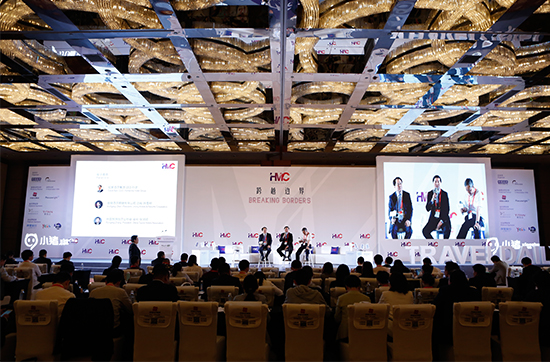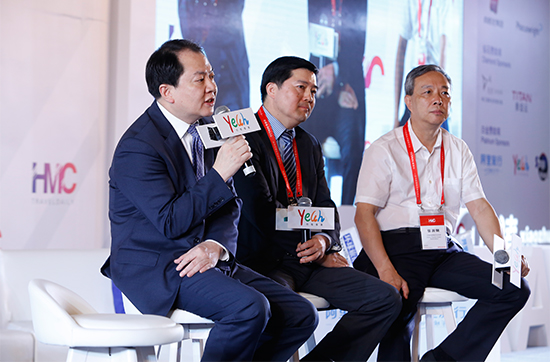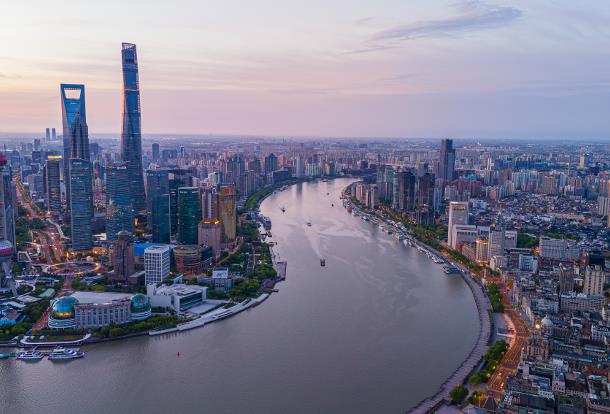ChinaTravelNews, Nicole Sy-Delegates and speakers settled in the cavernous ballroom as the first talk, an Executive Panel, began. This year’s China Hotel and Marketing Conference quickly brought out industry heavyweights, three veterans of China’s hotel industry, or the “old guys” as they called themselves, jokingly.

China Hotel and Marketing Conference
The panel brought together David Sun, CEO of the Homeinns Hotel Group; Wolfgang Chen, President of Jinling Hotels & Resorts Corporation; and Rungang Zhang, President of China Tourist Hotels Association, newly minted from his position as the General Manager of BTG Hotels.CEO of ChinaTravelNews, Charlie Li moderated the panel, jumping right into the thick of things, with a question on how the slowdown of overall economy will impact the hotel business. All three executives agreed that the past few years have not been too kind to the traditional hotel industry. “Since post-Olympic games, we have seen loss of 1.2 billion,” Zhang of China Tourist Hotels Association reports. “Maybe this sluggish condition will continue,” he predicts, though there has been a slight uptick.
David Sun of HomeInns clarifies, “the hotel industry is not an isolated industry; it cannot be above the economic situation. Whether in China or other countries, we will see these cycles,” he says of the country’s economic slowdown. “However, we still need entertainment and pleasure; we still need to travel. 2013-14 we were at a loss, we have also seen a slowing down in the last 10 months, only seeing a pick-up in Q1 and Q4 last year.”
38-year travel industry veteran, Wolfgang Chen of Jinling Hotels and Resorts says he is optimistic. “There are challenges after consolidation and breaking borders, the issue is how we will move ahead,” he says.
The big question remained how the industry looked today, after mass consolidation of hotels and online travel agencies (OTAs). On industrial integration, Chen says it is good for overall growth. “It depends on the maturity of the industry. The OTAs are not the enemy,” he says. “Integration is beneficial for the users, anything beneficial to consumers if beneficial to the industry.”
Zhang, who had come from company management to association work, says OTAs are here to stay so hotels must learn how to work with them. “For hotels, we have to wait and see how to integrate, it’s very hard to make an adjustment. Whether its good or bad, it already happened. The OTA didn’t force you to use it, hotels do it themselves.” According to Zhang, those who don’t work with them are narrow-minded.
It’s an important matter of how exactly to collaborate with them, he says. “In the next steps for hotels, they will discuss on how they will move ahead with, for example, Alitrip. It is a unique collaboration.”

CEO talk
With greater competition from non-traditional forms of accommodation provided by the likes of Airbnb and Tujia, a running theme in the panel focused on the supply side of the hotel industry. Chen referred to a recent trend of Chinese travelers buying toilet seats from Japan—a trivial item, but the difference in Japanese quality has Chinese tourists scrambling to purchase them up on their travels.
“The maturity of the country will depend on quality of economy. We need to be transforming from quantity to quality-based goods,” Chen says, especially when talking to the new generation of consumers the panel called the Emoji Generation. “That is the demand and expectation of our products. The new generation has already resolved this issue. They are not just happy with the status quo.”
“We’re not fortune tellers. We’re not as forward-looking as you (emojis), but it brings us a step closer to understanding them. We feel pressure to match up with quality,” Sun furthers. “If you don’t have solid product offering, you cannot pull it off even with marketing. That way we can provide that consumer experience that the Emojis are looking for.”
“People today are making more informed decisions, not just impulse decisions,” explains Zhang. The emoji generation also has greater consumption power than their parents, he says. “For hotel business and hotel people, we have to understand the current hotel dynamic. If the market changes, we have to evolve. The earlier we evolve, the easier we can change. The later, the more difficult our process will be.”
The sharing economy has disrupted the hotel industry, all agree, but that’s not to say that it doesn’t come with its own problems in China. HomeInns’ Sun says they’re keeping a close eye on the sharing economy, with that works and what doesn’t. After all, the Airbnb model didn’t originate from within China and cannot easily be replicated. “We have to then match that up with trust in society, technology, infrastructure… Tujia is doing very well, but we don’t have the social infrastructure in place,” he says.
“Tujia and Airbnb have brought disruptive changes to the industry, that’s for sure,” says Chen. “But what really matters is market perception, and China is a huge market. It’s just mid to upscale hotels that are facing a tough winter.”
Meanwhile, Zhang said the most pressing issue was the lack of regulation of non-traditional hotels for the safety and benefit of consumers, and physical cultural relics. Not only for big names like Airbnb and Tujia, but also boutique hotels, homestays and those catering to senior care.
The veterans have the same opinion it is better to work with the new dynamics and new demand in the industry than try to fight against them. All brought out two points repeatedly: supply-side management and understanding the new consumers.
Chen points to a recent piece by the People’s Daily that studies China’s industry and economy as L-shaped, instead of W or V-shaped as some others predicted. “It will continue to be like this. Will continue on this megatrend. How we can get out of this cycle? It is about the supply side reform. Previously, our mentality was based on the demand side,” he said.
When it comes to the consumers with greater spending power today, suppliers have to understand that they are looking for an experience, Sun says. “They are not passive consumers. They want to comment, they want to criticize, and they want to make their voice heard. They want involvement,” he emphasized. “That’s why we have to strike a balance because its millions of dollars to invest in old infrastructure versus new. Though we cannot expect to see change overnight.”




